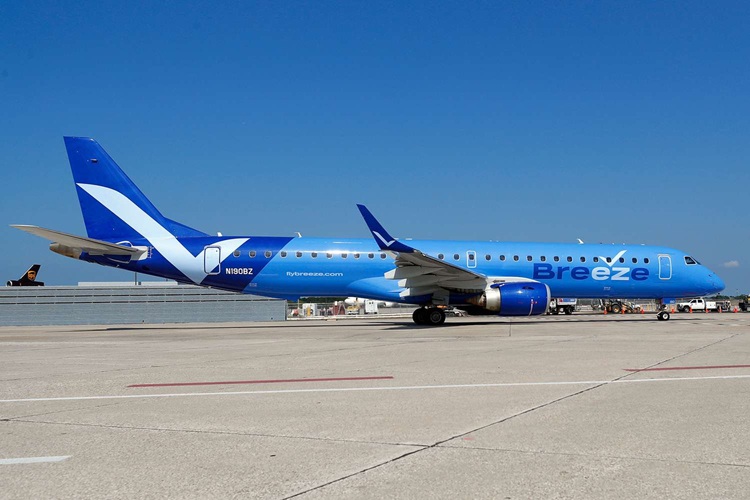Breeze Airways is preparing to make a notable leap in its operational scope by introducing its first-ever international flights. Beginning in early 2026, the airline will connect U.S. travelers with popular sun-soaked destinations across Mexico and the Caribbean, expanding from its current focus on domestic routes. The move follows Breeze’s recent approval as a U.S. flag carrier, a status required to operate overseas flights, marking a bold new chapter for the airline.
The inaugural international destinations for Breeze Airways will include Cancún in Mexico, Montego Bay in Jamaica, and Punta Cana in the Dominican Republic. These routes have been selected to appeal to American leisure travelers drawn to all-inclusive resorts and tropical getaways. Flights to Cancún will operate from Norfolk, Virginia; Charleston, South Carolina; New Orleans, Louisiana; and Providence, Rhode Island. Services to Montego Bay will originate from Raleigh-Durham, North Carolina and Tampa, Florida, while Punta Cana will also be accessible from Raleigh-Durham.
All new routes are scheduled to launch over the winter and early spring of 2026, with most flights running on a seasonal basis and timed for weekend departures and returns to match vacation patterns. Breeze will use its Airbus A220-300 aircraft, which can comfortably accommodate 137 passengers, for all international services. This expansion not only helps fill existing gaps in nonstop service but also aligns with the airline’s strategy of serving markets with little or no competition.
Breeze’s entry into the international market is expected to provide American travelers with more affordable and convenient ways to reach top Caribbean and Mexican resort destinations. With plans to further expand into Central and South America in the future, Breeze Airways is positioning itself as a disruptor in both domestic and international travel, blending comfort, competitive pricing, and innovative route choices for underserved markets.
“Your donation helps us cover global events, ensuring everyone stays informed.”
(Source: Aviation Week | USA Today | Business Insider)









